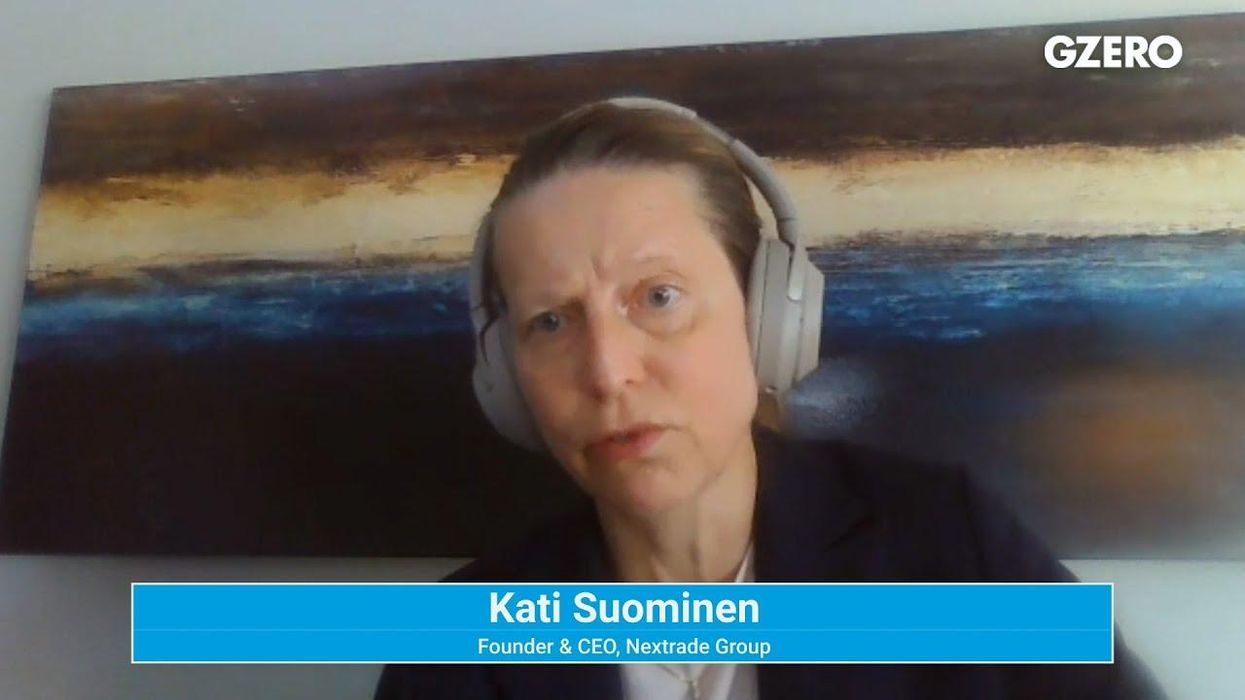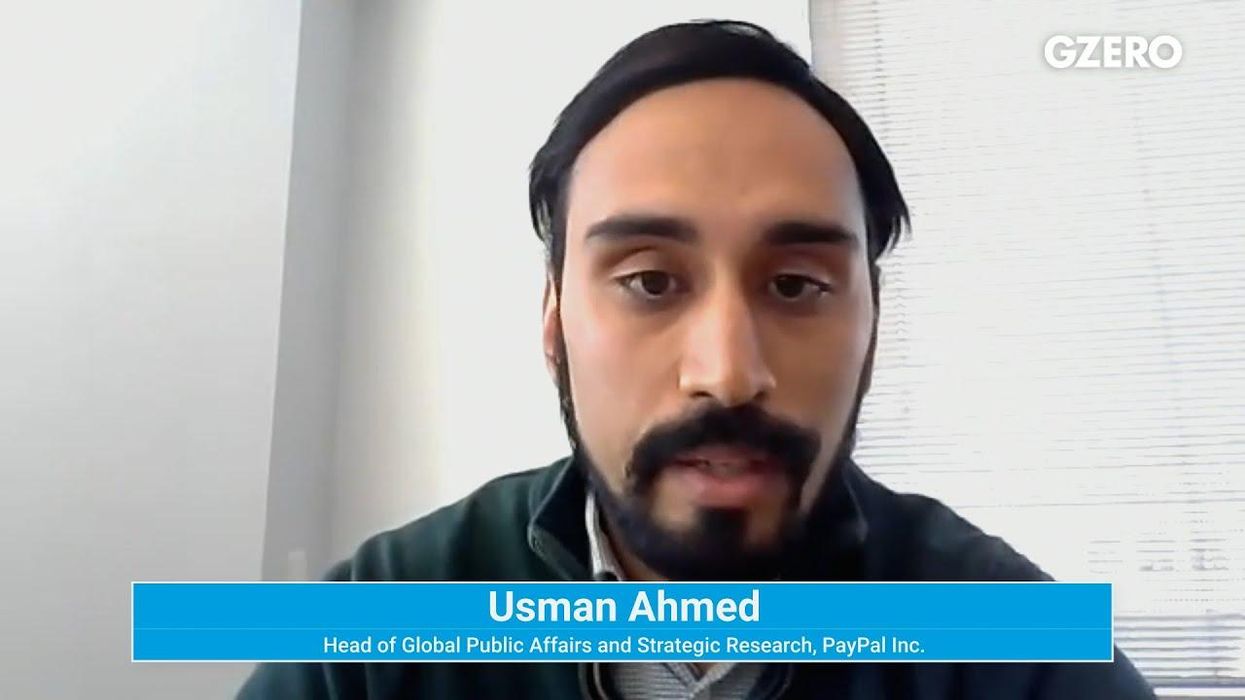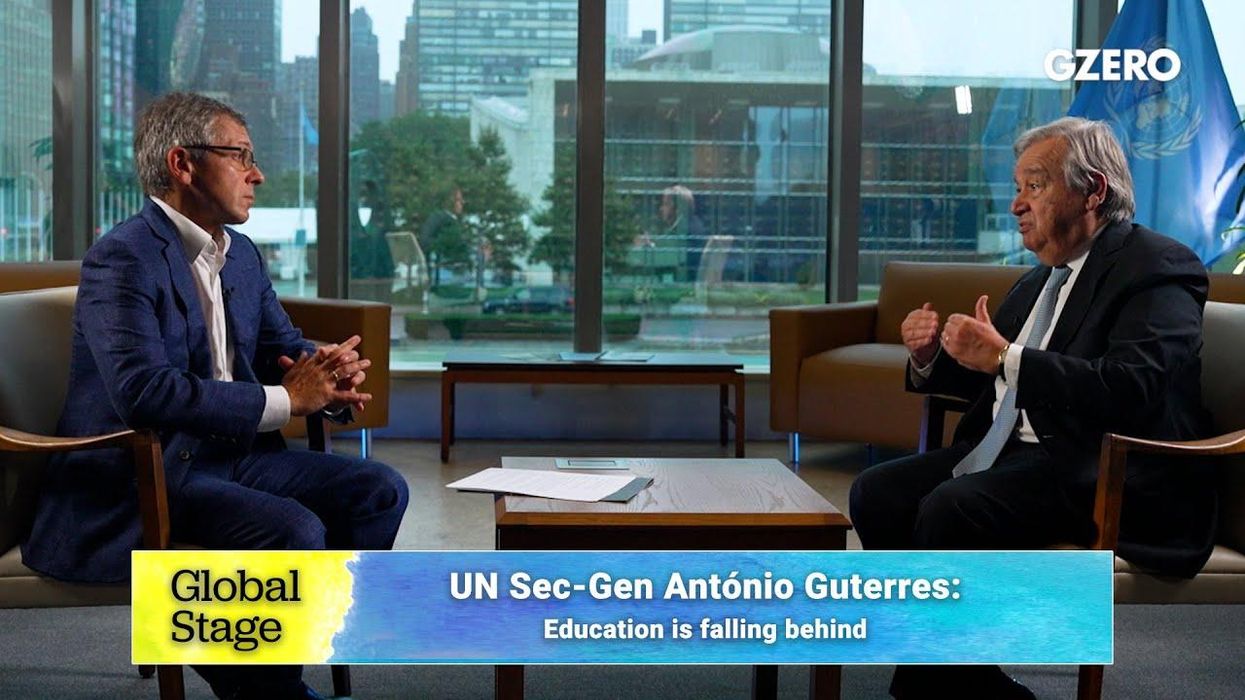UN General Assembly
For AI access for all, investment is the key, says Microsoft's Brad Smith
AI has immense potential, but guardrails alone won’t ensure its benefits reach everyone. According to Microsoft Vice Chair and President Brad Smith, policies must ensure AI is safe and secure, but equitable access requires more—investment. Just as electricity took over a century to reach parts of the world, Mr. Smith says AI’s widespread adoption depends on economic strategies that go beyond values. It's a balance of ethics and action to ensure AI’s benefits are felt globally.
Sep 28, 2024




